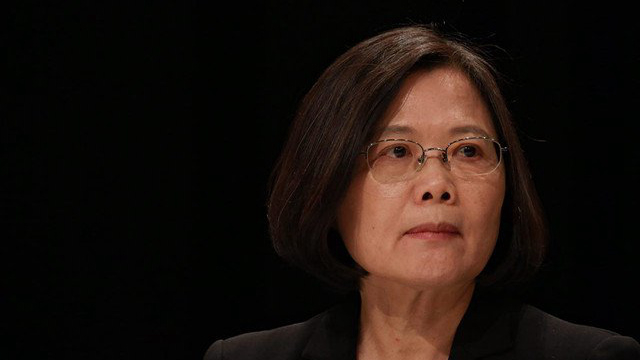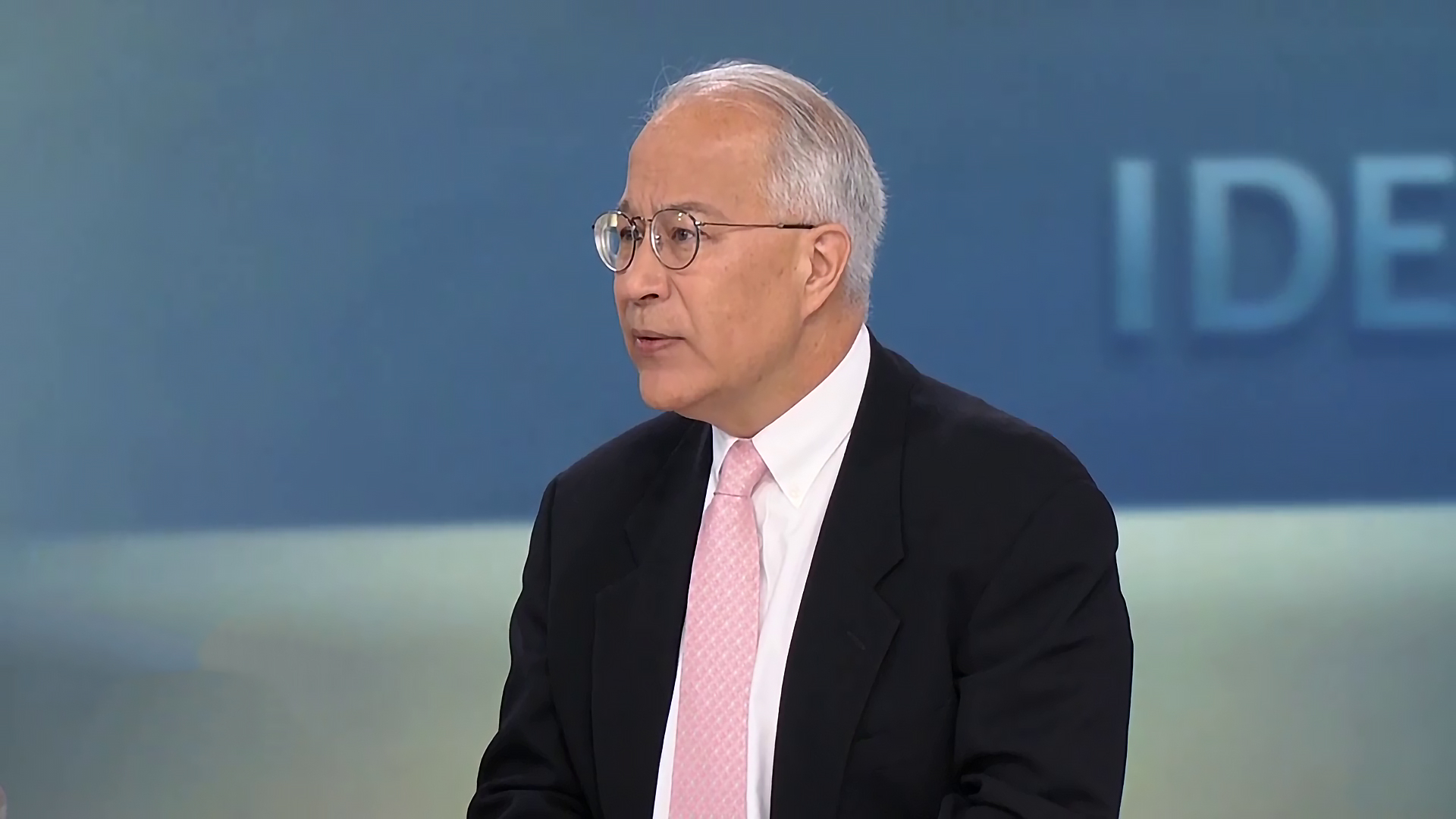

Taiwan's leader Tsai Ing-wen has started a 12-day tour to Caribbean nations, and scheduled a four-day stop in the U.S., her longest "transit period" ever.
China's Ministry of Foreign Affairs has already voiced its firm opposition against Tsai’s stopover in New York and the recent 2.2 billion U.S. dollars worth of arms sales to the southeast China region.
Professor Cheng Youping from Taipei University said Tsai’s stopover is just a political sales pitch, and that Tsai is trying to package herself as a representative of "freedom and democracy", which she knows very well is what the U.S. would love to see. Cheng stated Tsai knows clearly that she can get more public exposure in Taiwan in this way.
"So I have to say, she is pretty good as a political salesperson. But she's terrible as a politician who has done a terrible job in creating economic growth for Taiwan," said Cheng.
Einar Tangen, an international current affairs commentator, believes that the intention behind Tsai’s transit is to deal with economic issues in Taiwan. With Washington selling a lot of military equipment, money is coming out of Taiwan but there is no economic assistance going in.
Tsai is trying to drum up business. As Taiwan's export dependency on Chinese mainland is rising in recent years, its trade relations with others are targeted to decreasing dependence on Chinese mainland, Tangen explained.
The stopover in the U.S. is based on both economic and political considerations. The visit by the chief of Taiwan's Democratic Progressive Party (DPP) is to seek a way to survive at a time when Taiwan’s breathing space has been shrinking.
Prof. Cheng added that there is no room for so-called "Taiwan independence".
He explained that all international players understand well the "one-China" policy, the red line China has drawn for every country across the world. And no one wants to cross the line, not even the United States. He stressed that even people inside the DPP know quite well that there is no possibility for "Taiwan independence" to ever become a reality.

Dr. Zhong Houtao, a research fellow at the Chinese Academy of Social Science, believes that Taiwan's breathing space depends on who will take the office in the upcoming election. If the KMT wins the election, Taiwan could continue to have that breathing space, but if the DPP wins, it would be very difficult for Taiwan to participate in any events hosted by global organizations.
When it comes to the "one-China" policy, the red line must be drawn clearly. Tsai's longest stopover in the U.S. and the recent approval of the U.S. arms sales to Taiwan rings the alarm in China-U.S relations.
Einar Tangen questioned the intention of Washington's arms sale and held the U.S. was not trying to promote peace and stability across the Taiwan Strait.
"This is not how you promote peace. This idea that I promote peace by putting a gun in your hand might warm the National Rifle Association, but diplomacy is realism. The U.S. sailing the warships through the Taiwan Strait on a regular basis now is provocative,” he added.
The issue of trying to ramp up military sales is becoming very alarming as the Trump administration starts looking for international arms to Asia. Tangen believes the U.S. is leading such efforts.
(If you want to contribute and have specific expertise, please contact us at opinions@cgtn.com.)

Copyright © 2018 CGTN. Beijing ICP prepared NO.16065310-3
Copyright © 2018 CGTN. Beijing ICP prepared NO.16065310-3